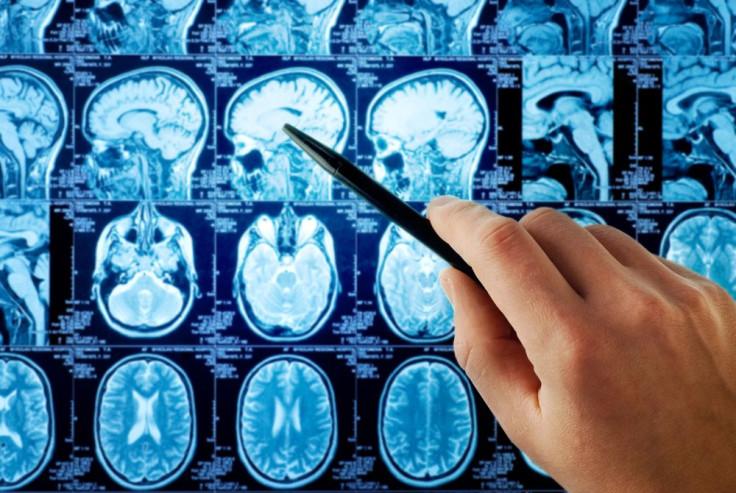How A Single Protein Could Unlock New Treatments For Brain Cancer And Parkinson's Disease

The same protein that keeps neurons alive and healthy also gives cancer cells the longevity to grow and spread, a team of researchers said Tuesday.
The University of North Carolina announced the new findings, which are published in the journal Science Signaling, saying, "brain cancer cells hijack the same mechanism for their own survival." While the research could lead to breakthroughs in brain cancer, it also could provide fresh insight into the way Parkinson's disease destroys brain cells. Their results may spawn new treatment methods against the second most prevalent neurodegenerative disease, after Alzheimer's.
What the scientists discovered is that a little-understood protein called PARC/CUL9, or PARC for short, is a main inhibitor of cell death in the brain. Every cell has a powerhouse called the mitochondria. When mitochondria malfunction, they release a chemical that begins the process of killing the cell.
To study this process, called apoptosis, Vivian Gama, a co-author of the study, synthetically damaged mitochondria in the brains of mice. Neurons are resilient; as apoptosis kicked in, the cells manufactured the protein, PARC, that works like an elixir. It degrades the chemical that causes the cell to self-destruct, thereby extending its lifespan. For neurons, this is a critical function, allowing us to think clearly into old age.
It's easy to imagine harnessing the protein to help people — or at least brains — live forever. But for now, the researchers are concerned with fighting two diseases linked to PARC. Parkinson's is caused by the degradation of a part of the brain responsible for motor control and the production of dopamine. PARC, they noticed, is similar to Parkin, which mutates the mitochondria in Parkinson's patients, said Mohanish Deshmukh, a UNC cell biologist who co-authored the paper, in a statement. "We think they might work in tandem to protect neurons." Keeping both PARC and Parkin working normally may be the key to reversing the disease.
But not only does PARC protect healthy brain cells, it also protects brain cancer cells. "We show that brain cancer cells co-opt PARC to bypass apoptosis in the same way that neurons do and for the exact same purpose," Deshmukh says. The problem is inversed; doctors need to find a way to let the cancer cells die.
Gama and her colleagues tested what would happen when they inhibited the production of PARC in a particular kind of cancer cells. As expected, they "were more vulnerable to stress and damage," but not completely. "Not all cytochrome c [the apoptosis chemical] is degraded," Gama says. "There are likely other factors involved."
Source: V. Gama, M. Deshmukh, et al. Science Signaling. 2014.



























